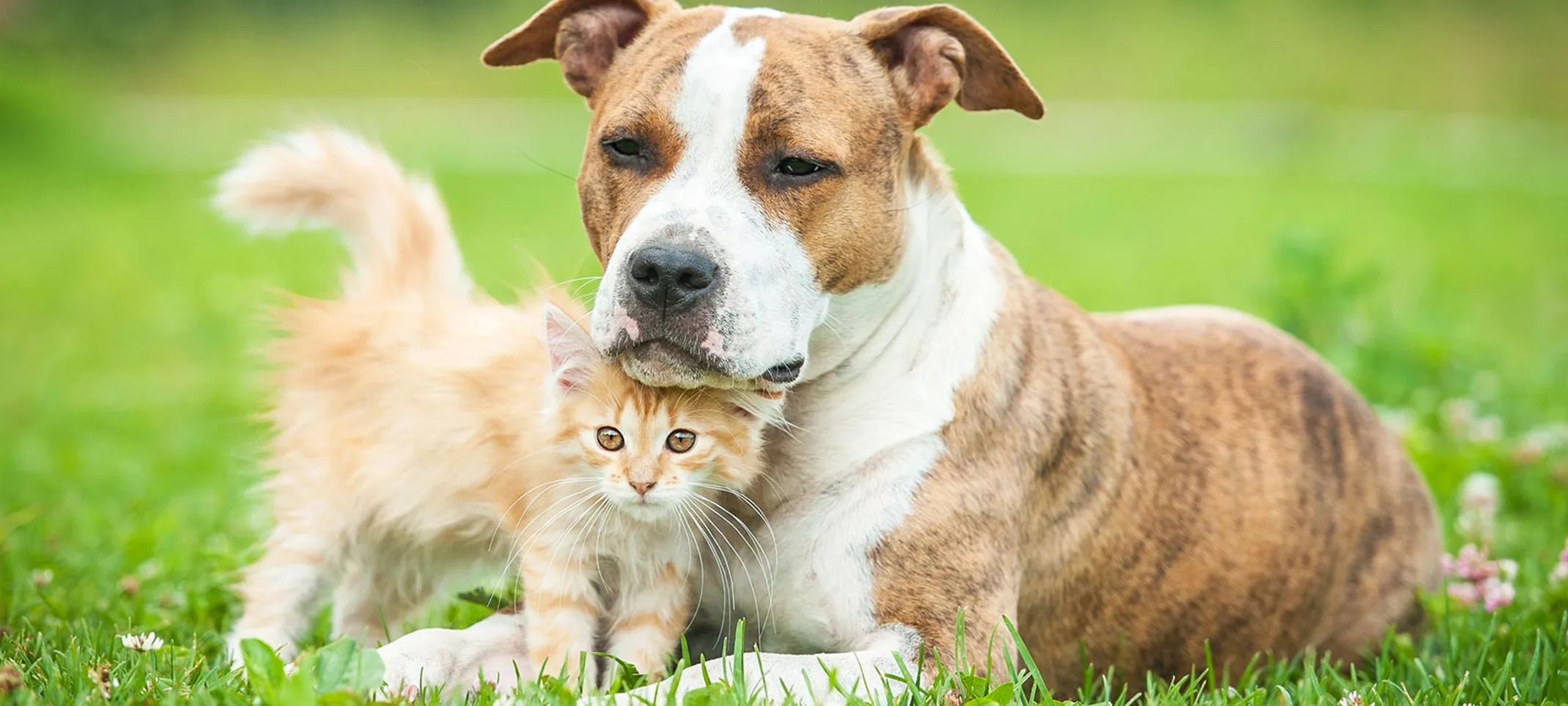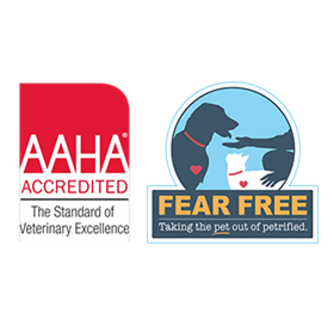Shady Brook Animal Hospital
Wellness & Preventive Care
Annual wellness exams evaluate your pets overall health, detect problems before they become serious, and keep them on track to live a long, healthy life.

Overview
We follow your pet through the many phases of their lives. From specialized and preventative care during their younger years to regular wellness checks as they age, we seek to prevent and detect problems before they arise. We know your pet is important to you, that's why we work hard to ensure they are given only the best in care through all the years of their lives.
The American Animal Hospital Association recommends that your pet have a wellness exam at least once every year. As your pet ages, they recommend having even more. We believe strongly in preventive care and have developed wellness protocols for every stage of the life of your pet. Depending on your pet’s life stage, vaccines may be administered, as well as disease screenings.
Why are wellness exams important?
Wellness exams give us a chance to evaluate the overall health of your pet while also giving us a baseline for their own unique bodies and tendencies. They also allow us to detect potential problems before they become serious, and even make your pet more familiar with our veterinary hospital, making future visits easier on them and you.
When should my pet visit the vet?
We believe in preventative medicine as the best approach to keeping our patients healthy. This includes annual wellness examinations, vaccinations on a one- or three-year basis, external and internal parasite prevention, and dietary management. Our doctors will help determine what vaccinations are appropriate according to you and your pet’s needs. We will discuss in detail what your options are to help you make the best possible health decisions for your pet.
How do wellness exams work?
During a wellness exam, our veterinary team will start out by taking your pet's vital signs. Our veterinarian will perform a comprehensive examination of your pet from nose to tail and may also perform diagnostic tests such as blood work, urinalysis, or intestinal parasite tests. Depending on your pet’s life stage, vaccines may be administered, as well as disease screenings for heartworm, kidney, liver, blood disorders, and more.
Wellness examinations do not necessarily mean that your pet is going to be subjected to complicated or costly medical tests and treatments. This allows us to prevent major health issues from developing undetected and gives us the opportunity to analyze and record baseline values such as temperature, body condition, and lab work. We measure these when your pet is healthy in order to provide better care in the event of illness or emergency. A dental health exam and a weight check are always important parts of a wellness exam, and may indicate problems that can progress rapidly and have significant impact on your pet's overall health.
Early detection and correction of medical problems will help to ensure that your pet will live a long, healthy, and active life.
Wellness Exams for Your Exotic Pet
Like cats and dogs, it’s important that your exotic pet receives regular wellness exams. We recommend that most exotic pets receive a wellness exam at least annually. We’ll perform a physical exam to check for health conditions and abnormalities. We’ll also check for weight changes and make nutritional recommendations. Exotic pets don’t always show signs of illness or injury like cats or dogs, so it’s important that we stay on top of your exotic pet’s health before any issues advance too far.
Welcoming a New Exotic Pet to the Family
If you’ve recently added a new exotic pet to your family, make sure you bring them into Shady Brook Animal Hospital for a wellness exam as soon as you are able. We want to make sure that your exotic pet is off to a good start.
Our initial visit with your pet will include:
Physical exam
Disease screening
Nutritional consultation
Laboratory testing
Getting your new exotic pet a wellness exam is essential to establishing a baseline of health for your companion animal. Our preventative approach to medicine means that we want to collect as much information as possible about your exotic pet so that we can notice changes more easily down the line. We also want to ensure that your pet is healthy and isn’t carrying any diseases that may harm you or your family.

